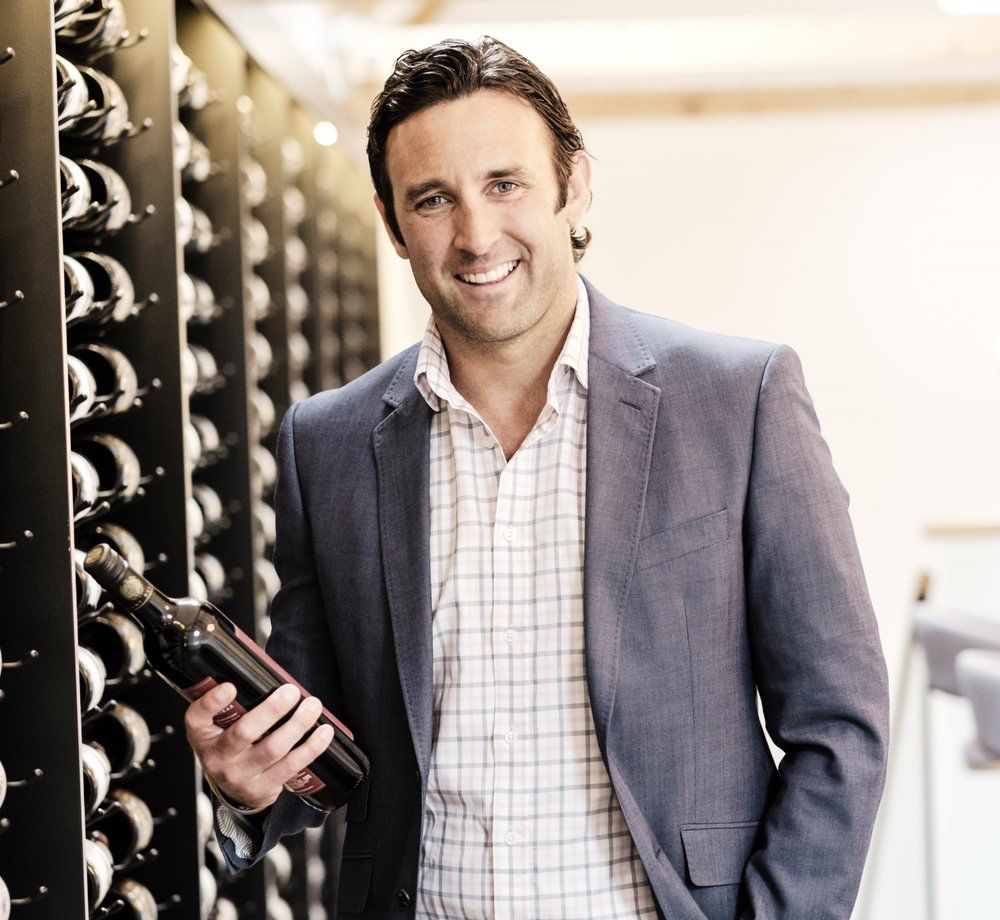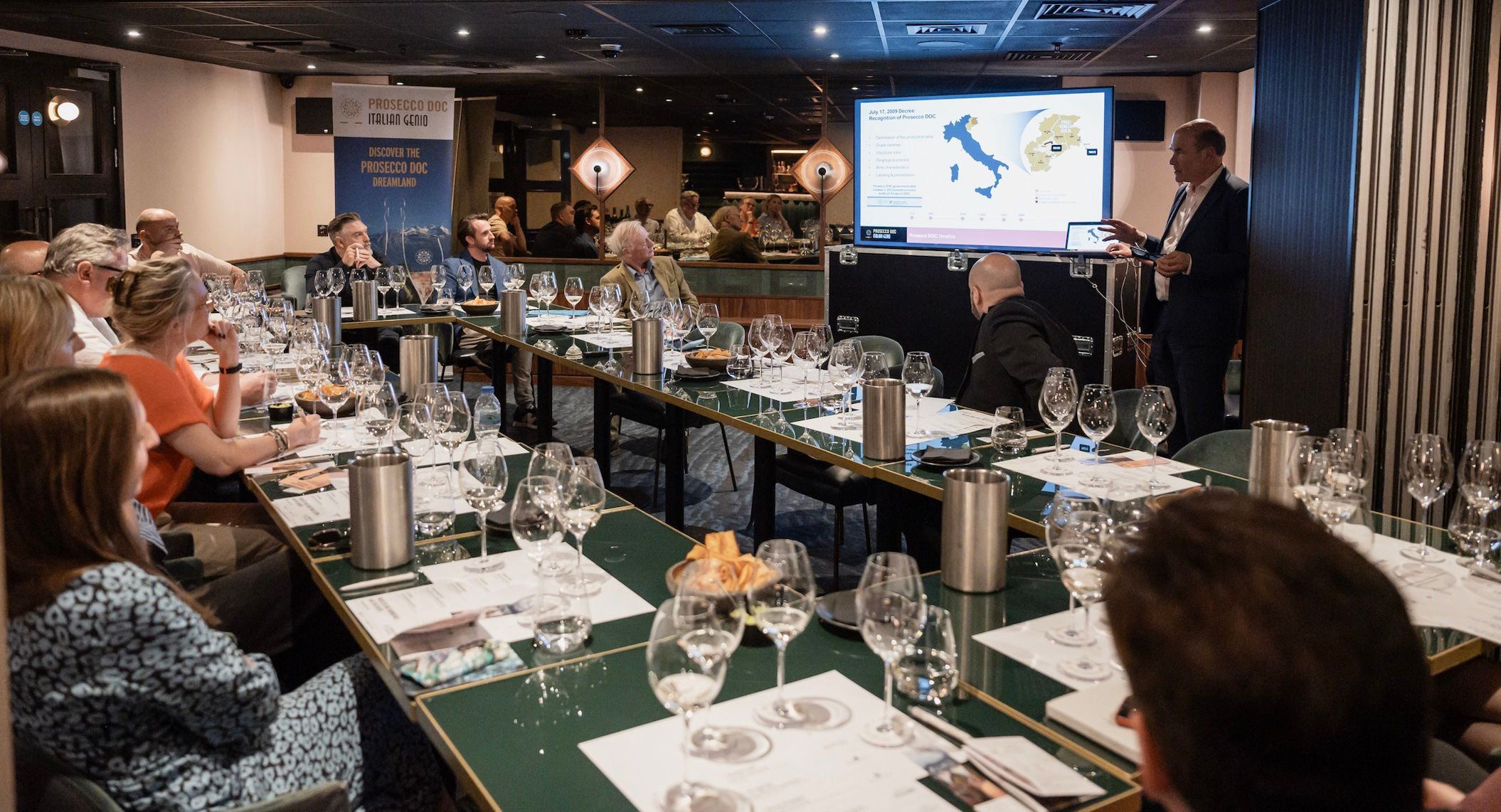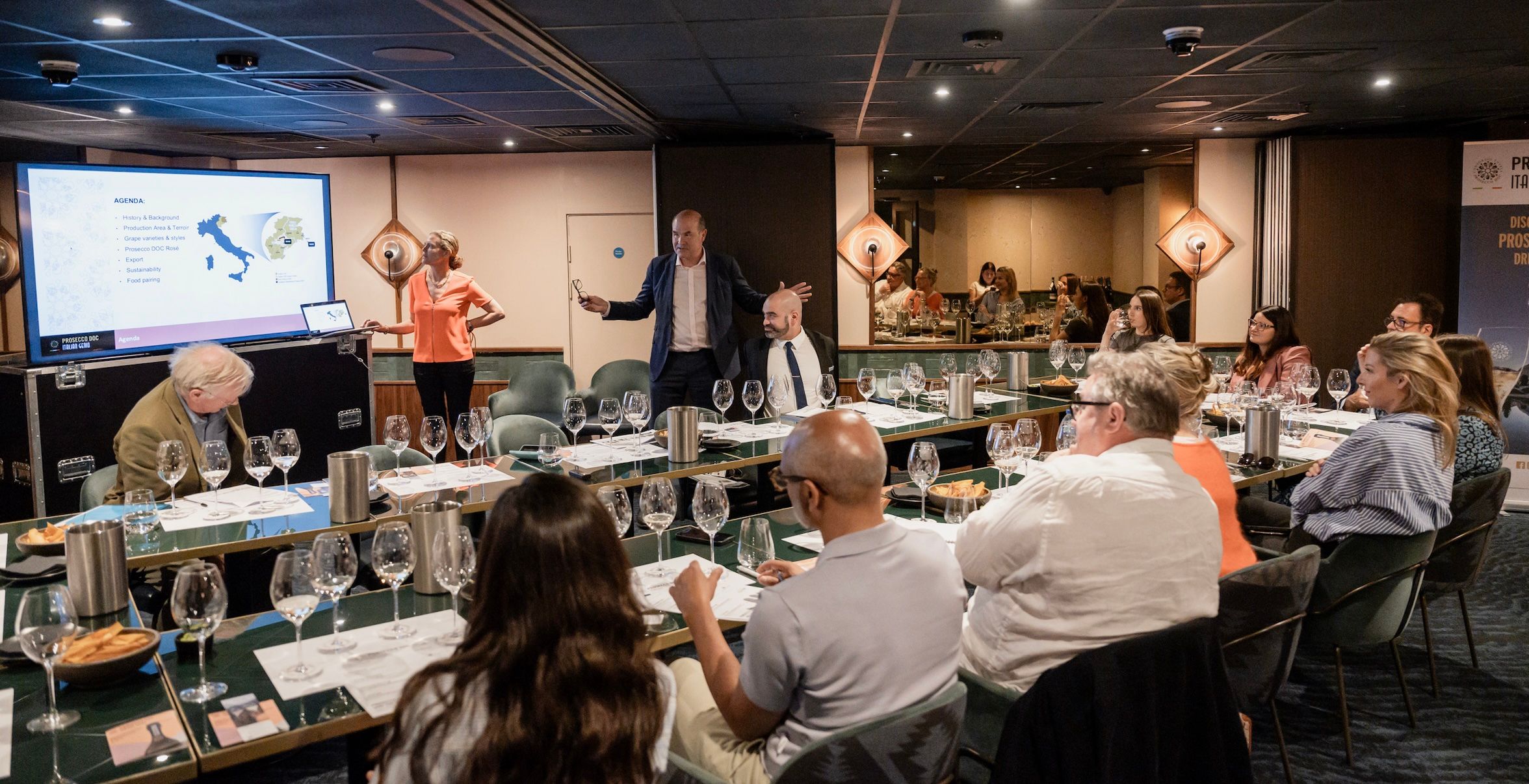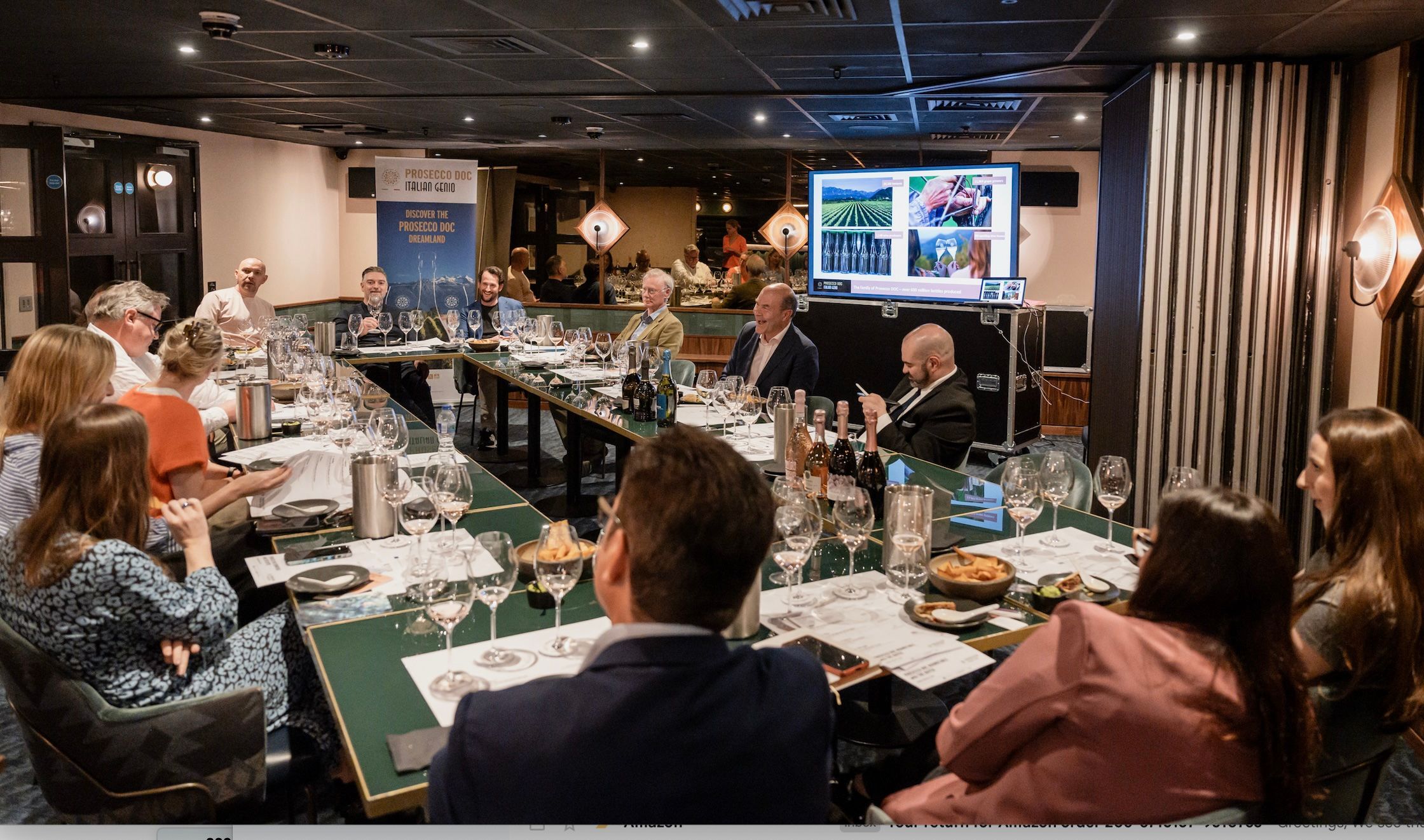They say the best lessons you learn in life, and in business, are when things go wrong. There should in that case be plenty to take from the events of 2018 in planning business success going forward says wine business consultant, Rob Harrison.
When I last put pen to paper, it was in the middle of the Conviviality saga, as we waited to see if the business would be salvaged from the abyss. The good news is that many of the jobs and businesses on the line were saved and, that with the group being carved up, the respective businesses have an opportunity to breath again and set about securing a more stable future for themselves. With people like Michael Saunders and Steve Thompson back at the helm of Bibendum and Matthew Clark respectively this will no doubt encourage their customers to keep faith as well as allowing some much-needed respite for all involved.
The question that remains from this example and also a mad period of market volatility is ‘What have we learnt from this’ and how can near fatal examples of such a scale be learnt from and avoided for our drinks businesses in the future?
Stakeholder management vs. short term breathing space
It was clear in the aftermath that Conviviality’s desire to dominate at one hundred miles an hour was a major factor. Cash flow disappeared when diligence was not done on the multiple acquisitions and integrations that Conviviality was embarking on. Pragmatism and real-world modelling did not seem to be something the owners had time for. A lesson in managing your shareholder’s ambition to that which is achievable/sustainable, is surely the first and most important role of the management team.
They might not like being challenged if something can’t be done, will take longer or will yield less, but experience of shareholder management suggests that the best and most successful leadership groups have to tread a fine line between realism and Wonderland!
Great new business vs. Mad Hatter new business
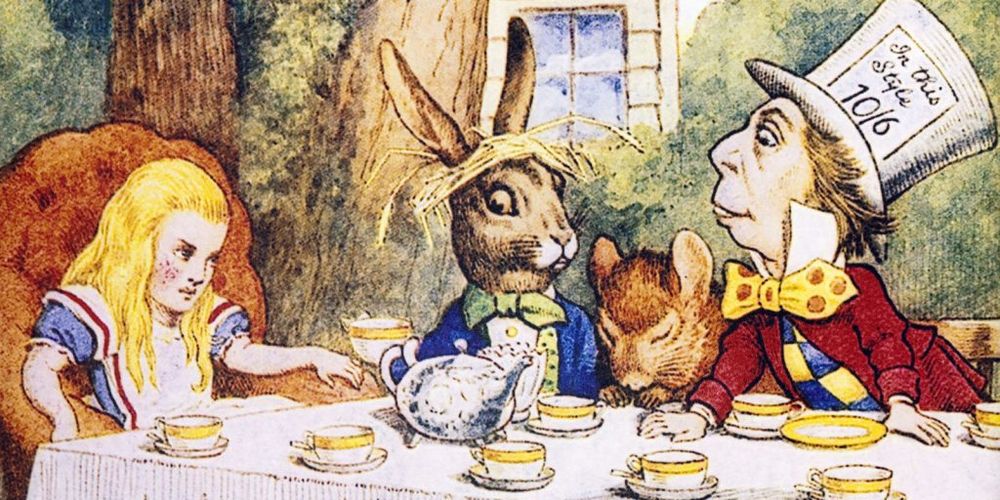
Mad Hatter syndrome: with so many new business opportunities, much of it technology driven, it’s vital businesses stick to what they know will work for their company
All these new and difficult things for us to consider like ‘AI’, ‘Millennials’, health and wellbeing agendas and a multitude of new (or projected) drinks trends, have reached such a critical level I believe companies are struggling to see the wood from the trees. The pressure to have an agenda and product that talks to all of these fast-moving trends is so heightened, it is preventing leaders from finding clarity as to which trends are genuinely an area they need to get into and which are another cul-de-sac that will just soak up investment and the time of their best people, for little or no return.
Identifying what you can actually make money out of (because you have a market edge or equity in your product or brand that others cannot just replicate) is crucial. Decisions need to start being based on what can deliver benefit over the next five years not the next 12 months… i.e. is it sustainable, not just a short term hit which will leave you with a hole to fill and wages to justify in 12 months time?
The on-trade has had too much of the ‘Drink me’ cup
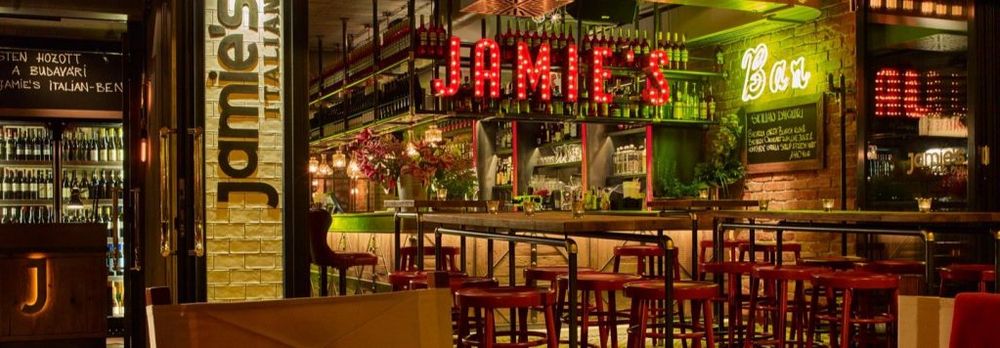
Jamie’s Italian is just one of a number of high profile chains that have to announce closures
The current contracting of the on-trade market (Gaucho, Jamie’s etc) is clearly linked to the uncertain outcome of Brexit and the economy in general. It is also likely to be part of the contraction and expansion cycle that is inevitable in business. It is key to recognise what is a blip and what is longer term and plan towards not just keeping up but getting ahead and working out who and what will persevere.
In terms of trends, new entrants into the gin, Provence rosé, herbal tea or craft beer world will find it tougher going now. The market is saturated with providers and, whilst you may be able to carve out a niche in a small area or region, unless you have a genuine USP you will find the competition fierce when you scale up to national ambition.
The short-term rewards will be difficult to justify in the face of the future contraction that will hit that ‘trend’. The key is to be thinking and investing into the next trend that is 12-18 months away and how you own that and make it sustainable for real growth.
Turnover (and market share) for vanity… Profit for sanity
It is also remarkable the deals that are done where a commercial function believes, however skinny the business they are securing, that it is making money when it is not. The equity impact they can have on the products and brand of the company selling it can be significant and long lasting.
There are indeed times in a company’s growth cycle to do business at low margin if it drives significant efficiencies that you can quantify elsewhere and, does not damage the long-term profitability potential of the business or brands concerned. Where Conviviality was scary, is just how rarely these decisions seem to be joined up between commercial and finance functions and to know where they were in the end game of making more money.
Do the commercial people know the cost to serve impact of onboarding that new low margin contract and does that deal make money after the rebate gets paid? The best deals as they say, are sometimes the ones we do not do, and businesses with a close collaboration and understanding between commercial and finance seem to fair better!
Your people are the ‘Eat me’ way back to growth

Pick your strategy carefully so you don’t end up falling foul of business’s Queen of Hearts
Reflecting on all of these lessons, it seems the lack of expenditure on the right human resource has a huge impact. The right people can define opportunities, solve these problems and give you clarity. Some businesses far from investing in people to meet these new challenges, are seemingly sitting on their hands and looking to use overhead savings as the ‘sticking plaster’ plan before Brexit. There is a time and place for consolidation, but it cannot be forever and innovation and evolution (the key fuel for long term sustainability) will not happen on their own.
Surely the best lesson then is to allow a business’s best people the time to get above the ‘Cheshire cats and white rabbits’ and have proper thinking time to determine where they/ their department/business need to be in three to five years’ time.To identify what is needed to get them there, and the patience to not compromise the result by then rushing it.
So Alice, it is time to pick which way to go, but it is better to know what we have learnt from the lessons and where the business wants to get to before asking the cat and ending up bumping into Brexit, sorry, the Queen of Hearts!
- Rob Harrison, former general manager for Accolade Wines in the UK& Ireland has over 18 years’ experience in the drinks industry including senior positions at PLB and Les Grand Chais de France. He is now founder and director of the RHH Group specialising in offering business consultancy to the drinks industry and in market commercial management for producers.
